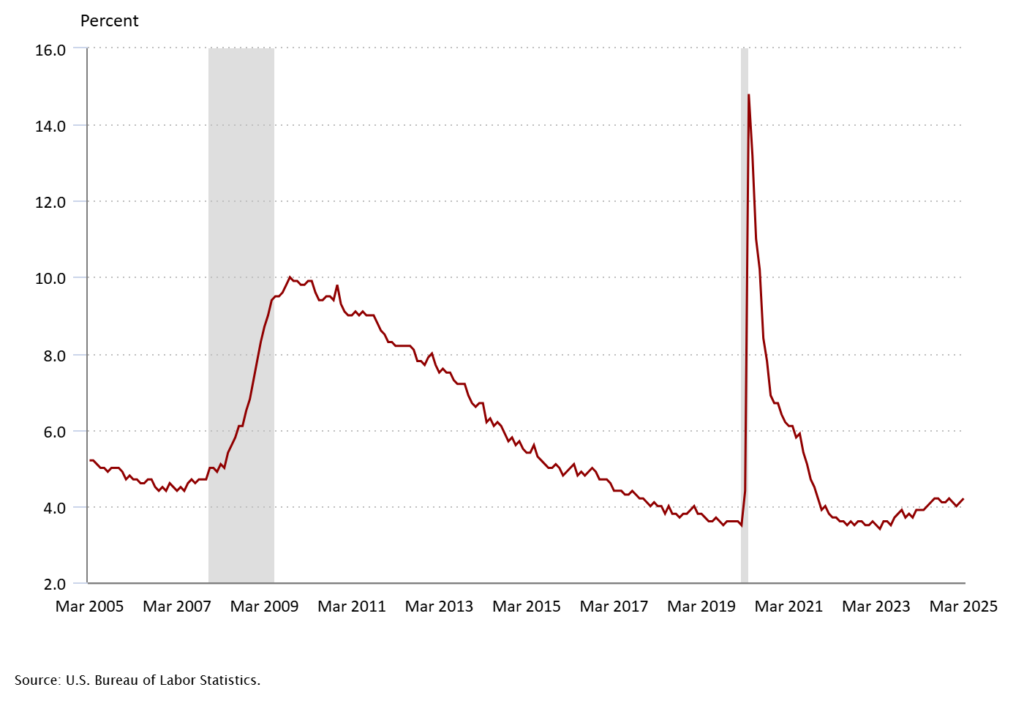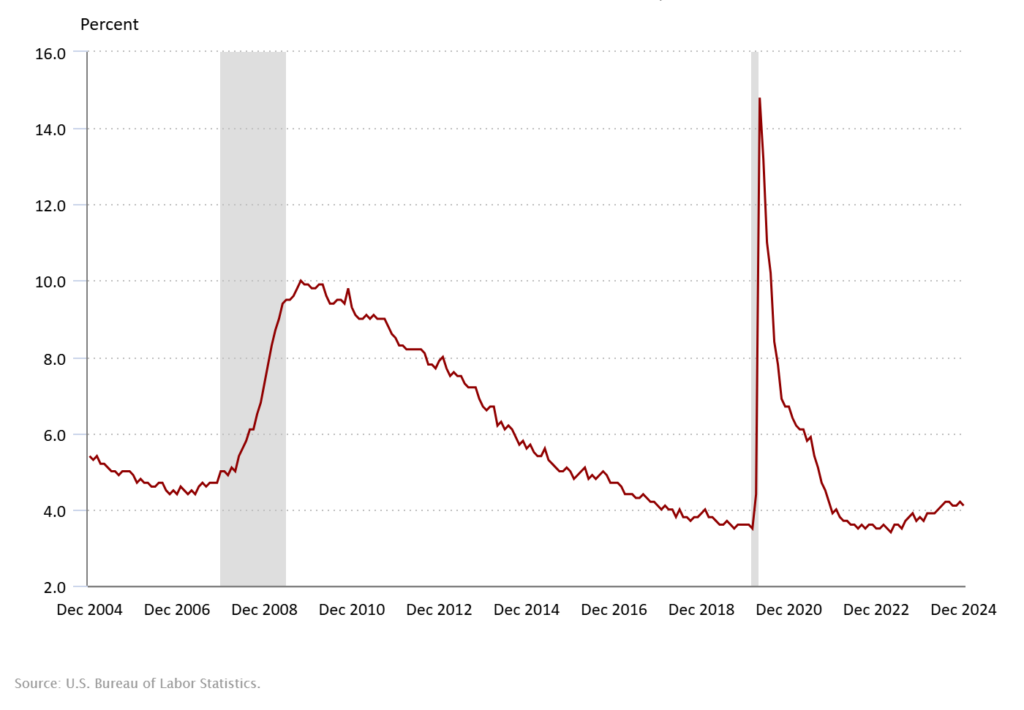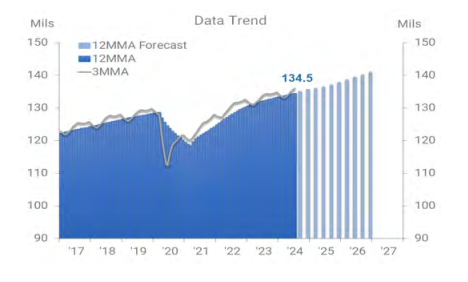The U.S. added a robust 228,000 jobs to business’ payrolls in March, according to the U.S. Bureau of Labor Statistics — surpassing economists’ expectations with a strong showing in the healthcare, social assistance and transportation sectors.
Unemployment, however, ticked up to 4.2% as more workers entered the labor force last month. This number doesn’t include the full extent of the federal job cuts or impact of the tariff announcements that shook markets in early April.

While companies and experts may view March’s strong jobs report as too early of an indicator of the labor market’s overall stability, it’s important for both job seekers and hiring managers to understand that the national unemployment rate for degreed professionals hovers between 2 and 3%. In fact, the BLS reports in-demand roles like financial analysts is as low as 1.9% and human resources managers at 0.6%.
We share what both groups can expect in Q2 below:
For Employers
April’s LinkedIn Workforce Report highlighted some of the economic anxiety companies are already feeling, as hiring showed early signs of a slowdown across all industries. Business services — which includes accounting and finance professionals — was one of the few sectors that experienced an increase of more than 3,000 jobs in March.
For hiring managers, this means a couple things. The available talent for these roles is very limited in comparison to other sectors and remain in high demand. Leveraging recruiting firms to identify passive and non-advertised professionals for accounting, finance and HR positions can help businesses attract the people they need to succeed.
Secondly, uncertain environments increase the importance of flexibility and the capacity to respond rapidly to new developments.
Enterprising companies turn to consultants for handling project or temporary engagements — allowing them to scale their departments’ workloads and expenses in a controlled fashion.
For Job Seekers
This theme of unease is plaguing job seekers, as well, with one in five employees fearing they will be laid off in 2025, according to a recent survey by ResumeTemplates.
Professionals looking to make a career move should rely on the expertise and networks of staffing and recruiting firms to get ahead of the influx of resumes hiring managers are receiving on a daily basis. Not only do recruiters have access to confidential job openings, but provide interview coaching, negotiations support and additional hacks that can get you to the front of hiring managers’ first round of interviews.
For more hiring insights and resources, check out our blog!
















